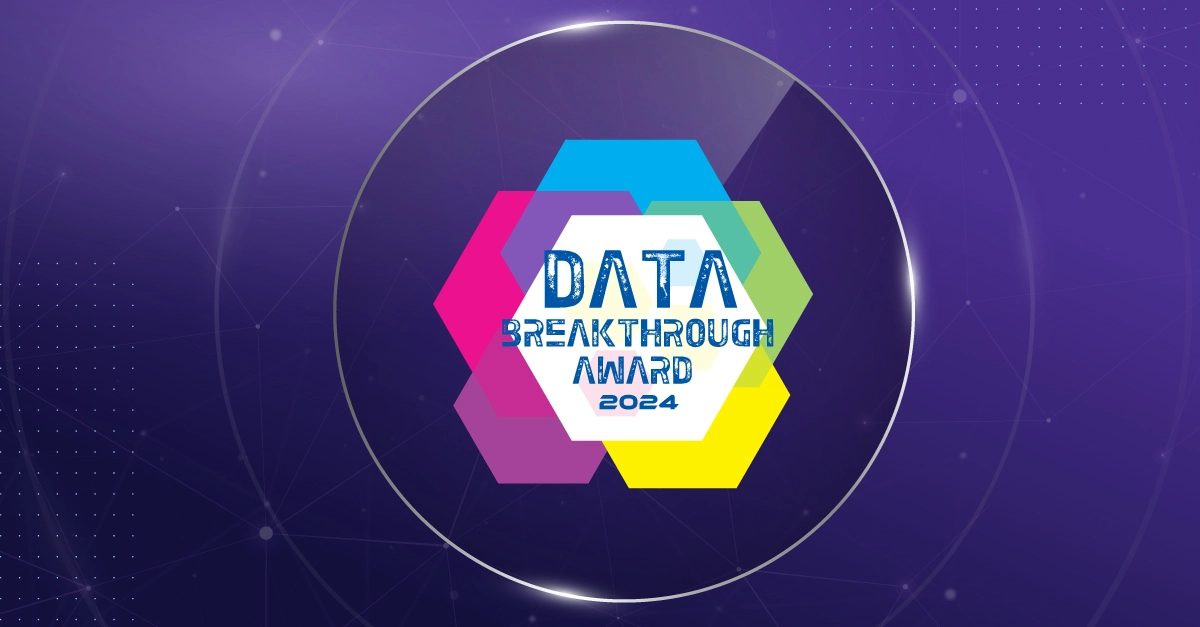As we mark Data Privacy Day on January 28, there is no question that data privacy remains an essential component to all enterprises, across all verticals. In 2021 we saw a renewed focus on consumer-focused transparency with the wide adoption of cookie consent, iOS 14’s App Tracking Transparency Framework (ATTF) or the upcoming changes to the California Consumer Privacy Act (CCPA).
According to Gartner, by 2023, 65% of the world’s population will have personal data protected under modern privacy regulations. And, with today’s increasing digital presence and remote global workforce, privacy is something organizations need to adopt to stay ahead of the curve, and must go beyond just compliance in 2022. We at Azira, a data intelligence company, take a consumer and privacy-first approach, and expect the data privacy environment to be fluid, and ever changing throughout 2022. Regulations like the California Privacy Rights Act (CPRA) updates and the ePrivacy directive will continue to be discussed and create major impacts to data privacy this year; organizations should take a more aggressive approach and put privacy first in every aspect of the user experience.
In November 2021, Pulse and Azira surveyed 200 technology decision-makers to explore how privacy and data issues impact their marketing efforts. The survey’s findings support the importance of privacy for businesses, as a majority of respondents say that adhering to privacy regulations (67%) (GDPR, CCPA or Australian Privacy Principles) is important to their organization.
As digital products continue to play an increasingly influential role in our lives, more and more data will continue to be collected on users. In the face of increasing data collection, consumers are growing increasingly uncomfortable with the quantity of data collection and are losing trust of companies working in the data industry, particularly due to a handful of bad actors. As a result, governments are rightfully inspired to pass regulations to provide users with more control and transparency over their data. While these types of changes have the possibility to impact data-driven companies, it’s important to adopt some essential best practices when it comes to having a privacy-led approach for business success and customer trust.
Take a risk assessment, and reassess your long-term strategy
Business decision makers and marketers must reassess their long-term strategy to ensure its viability in the face of this constantly-evolving regulatory environment. Identifying potential implications of the forthcoming policy changes, and creating speculative plans in the face of proposed policy changes are no longer optional–they have become table stakes. Decision makers must work closely with their vendors to see what types of data and marketing intelligence can be delivered via tech at scale, to minimize the impact of regulatory changes to work processes and business outcomes.
Proactively integrate privacy-safe programs in your business
Decision-makers can’t underestimate the importance of adopting and integrating privacy-safe programs into their business’ ecosystem, as consumer consent for all data usage has developed as the standard practice for data sharing. The implementation of privacy safe processes and technology will continue to grow in importance as data breaches and inappropriate data use continue to attract national headlines across all industries.
Many companies were caught flat-footed by the large changes that came with GDPR– then they were caught again by CCPA. Many companies pulled out of doing business with EU citizens or California residents. In 2022, the idea of being caught by surprise is outdated. By adopting privacy-safe programs now, decision-makers can buffet their company from the headwinds of further regulations.
Embed privacy-related awareness in all business processes
It’s not just about appointing a Data Privacy Officer (DPO). While this role is critical, being privacy-forward is distributing the strategies and awareness throughout your entire company. Establishing a comprehensive privacy program throughout the organization will require a multi-faceted approach, including:
- Executive support to encourage cross-department cooperation and prioritization.
- Supporting documentation that traces the data collection and use lifecycle during your course of operations.
- Security policies and technical improvements to lower the risks of holding sensitive consumer data.
- Contract updates to ensure the entire supply chain of data is coming from transparent sources with consent and respect for consumer control.
Who Ultimately Wins
Clearly, consumers are winners here. Who among us does not want to be able to exert control over our personal data. But where there are winners, there must be losers, especially in this evolving world of improved consumer protection and privacy regulations. Companies that aren’t putting privacy-first are on their way of being in the loser column.
While these sweeping regulatory changes have historically appeared publicly motivated by the giants of the tech industry, these large companies like Google and Facebook are also the best-positioned to navigate any upcoming further challenges. In fact, one could make the argument that this regulatory environment might further entrench a Facebook-Google duopoly in the area of digital marketing.
By taking a proactive approach to privacy, however, even smaller companies can act now to prevent being buffeted by future changes. To ensure you wind up in the privacy win column, you should be weaving privacy throughout your company’s processes and technologies, assigning dedicated resources to privacy issues and keeping track of various industry changes.
Interested in learning more? Get a demo or check out our resources page.



